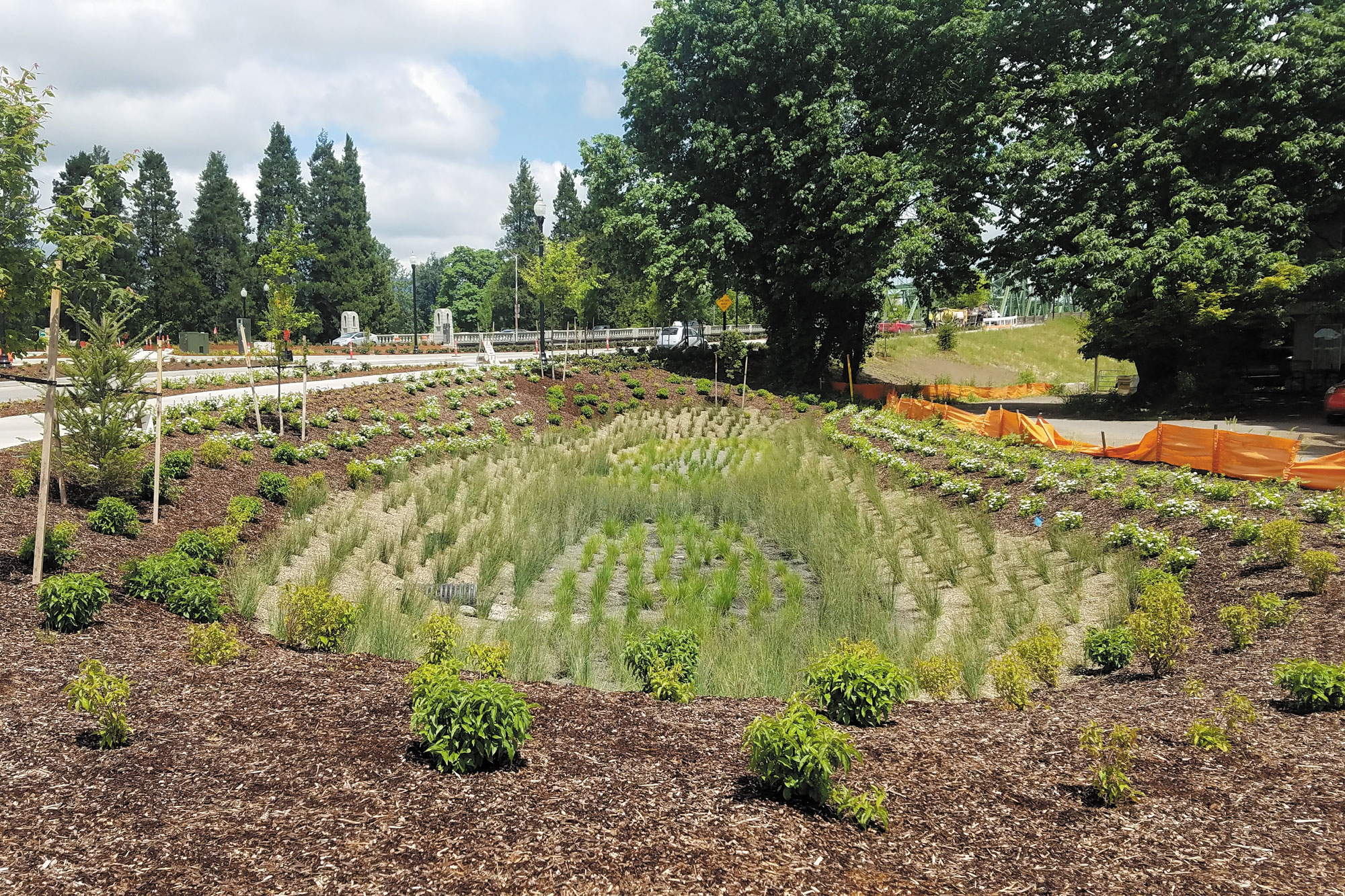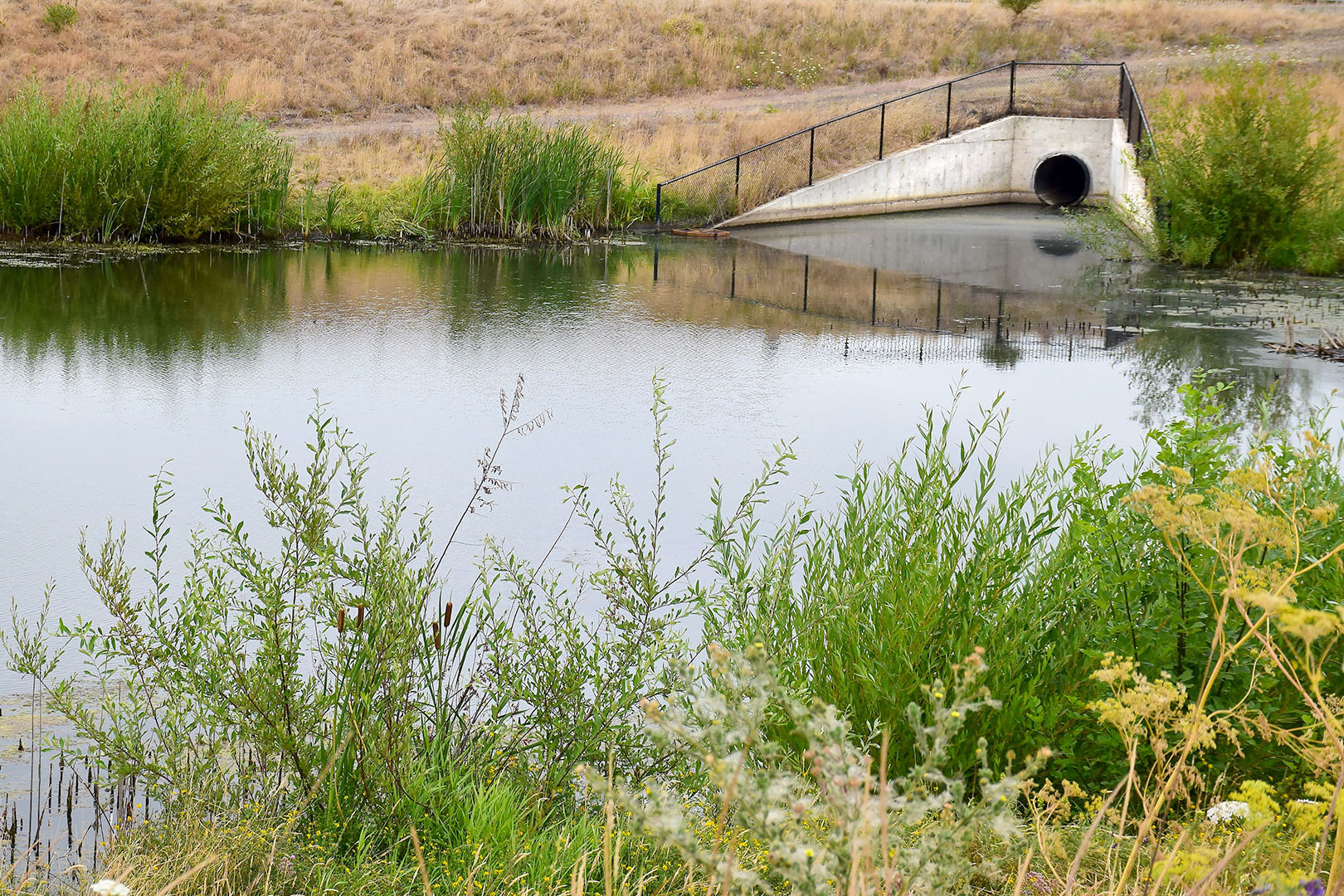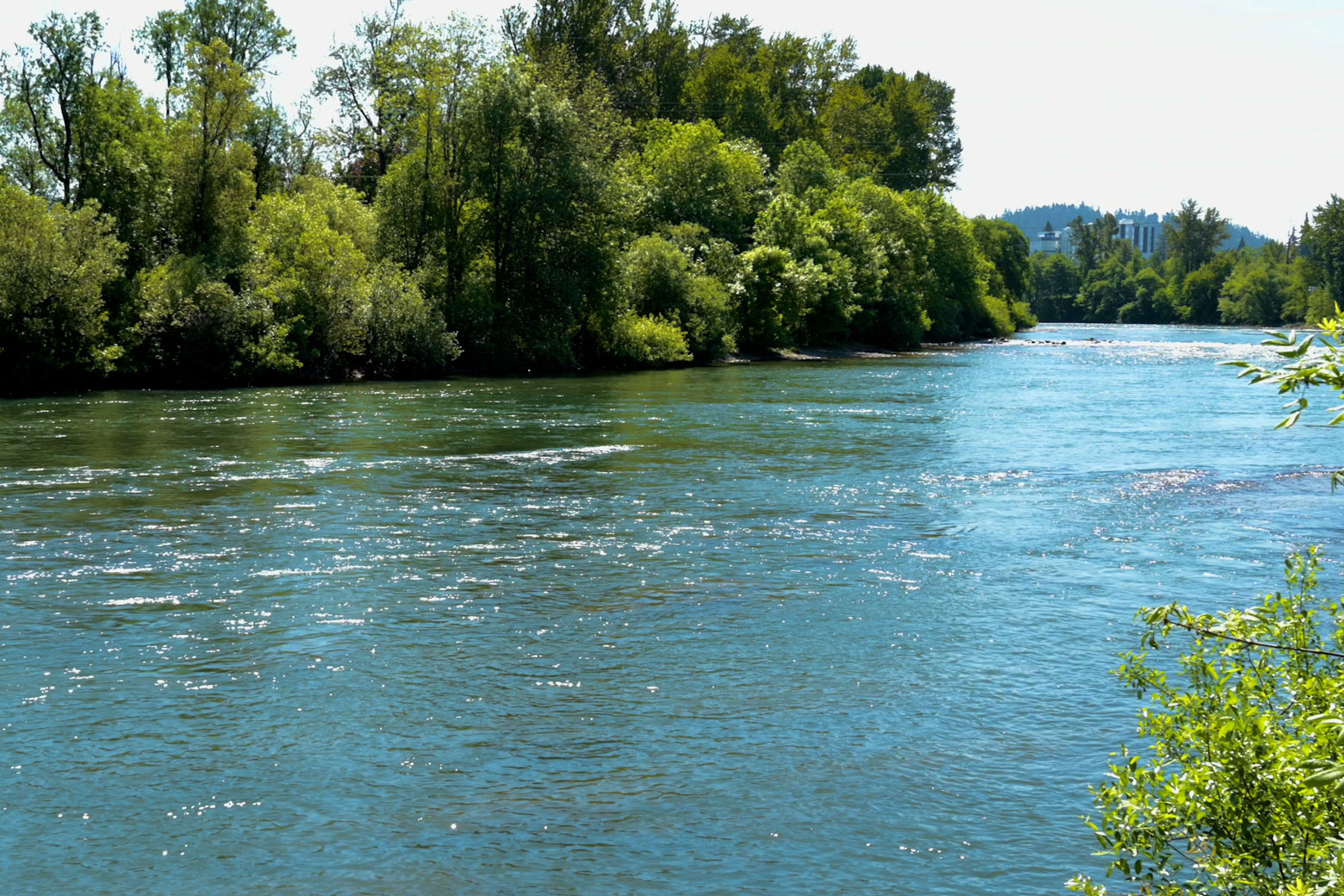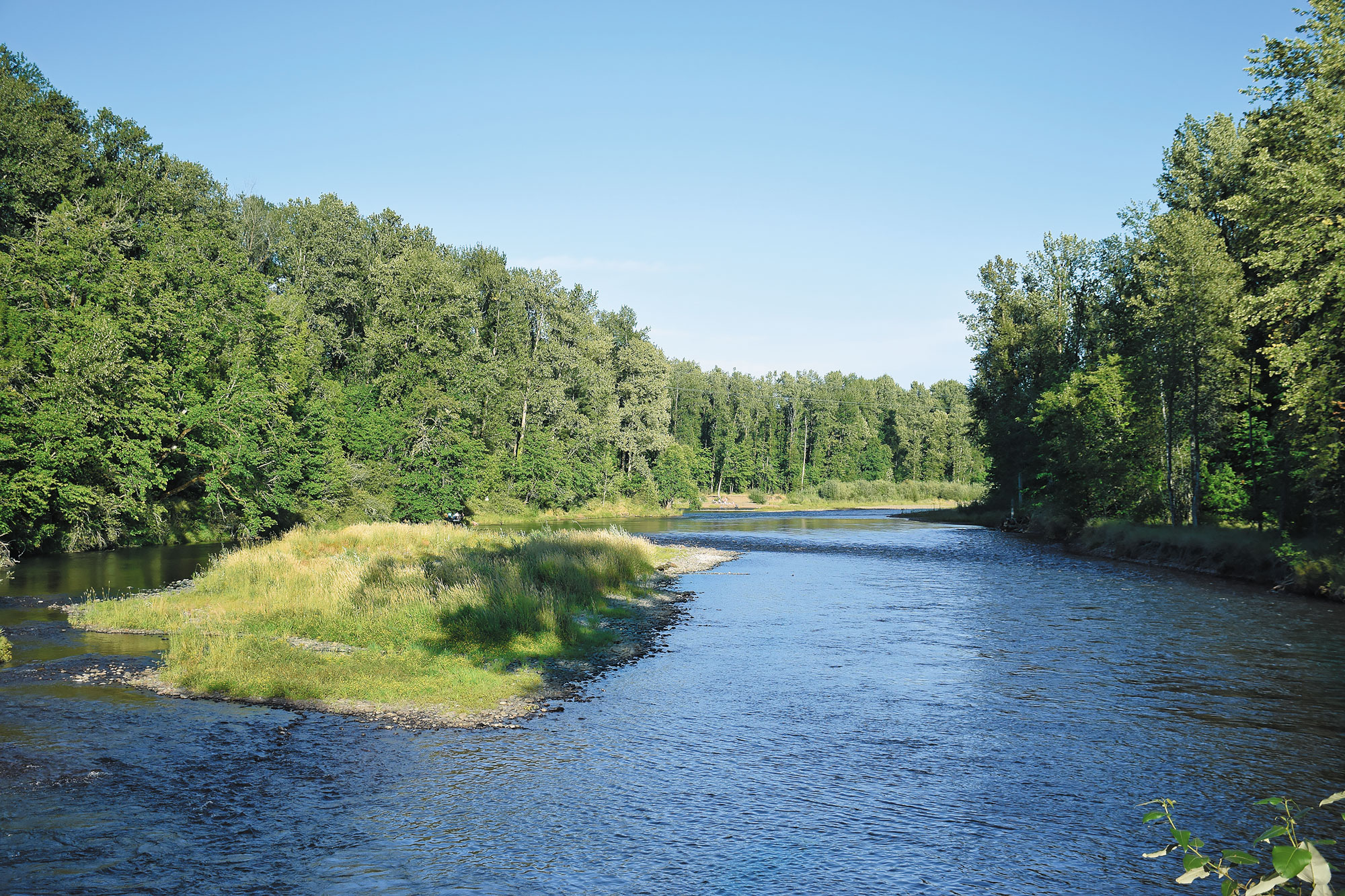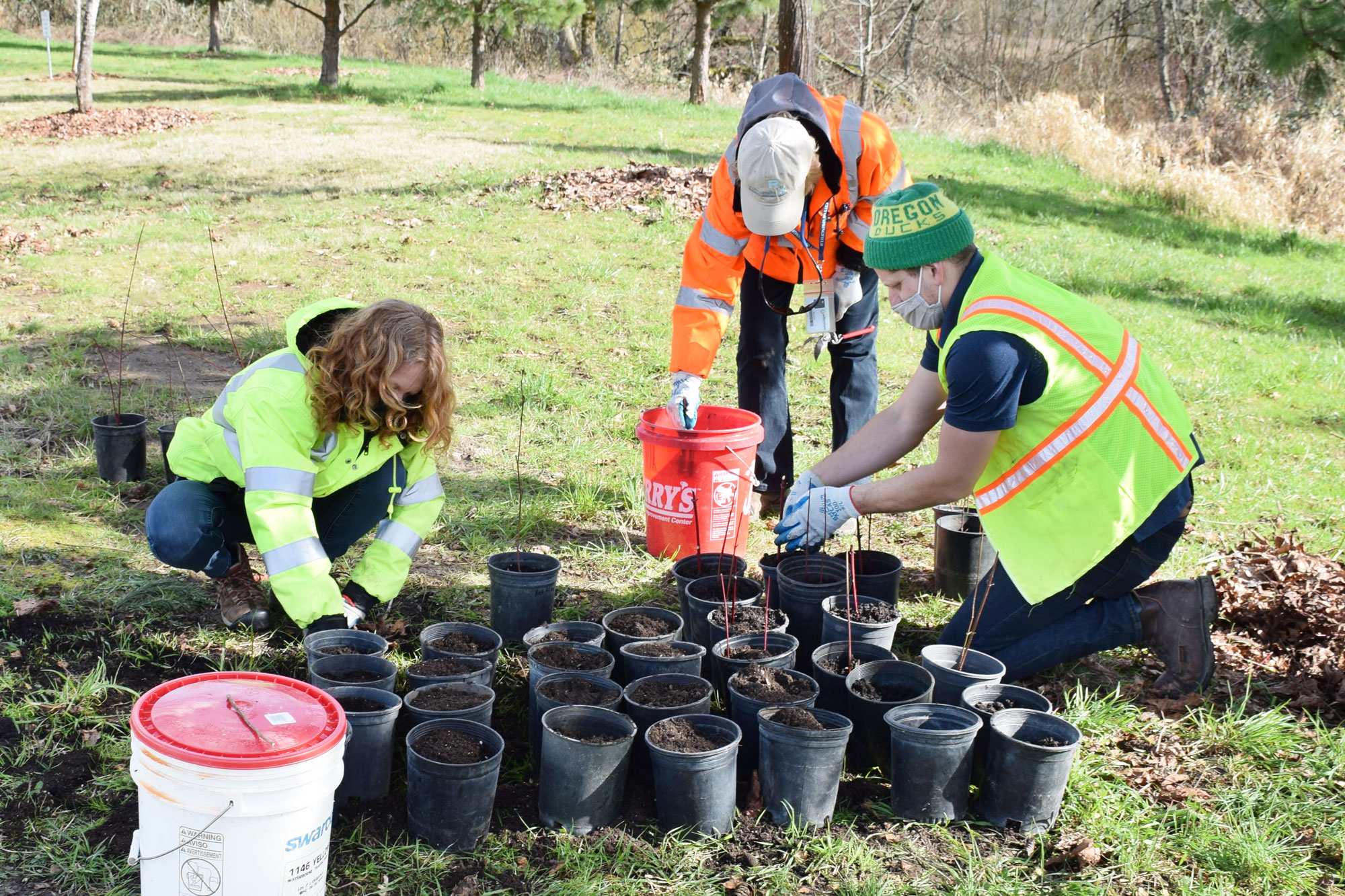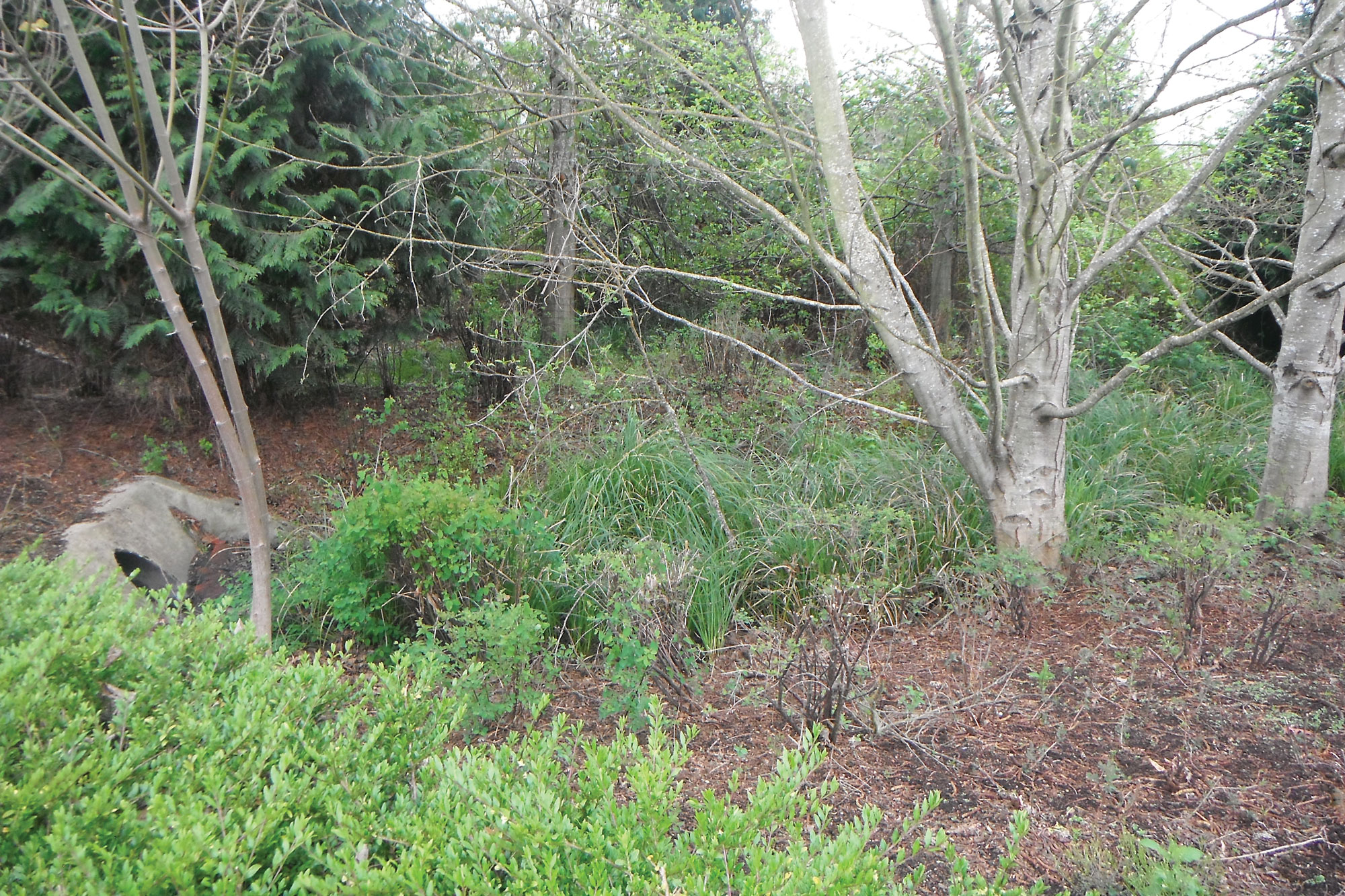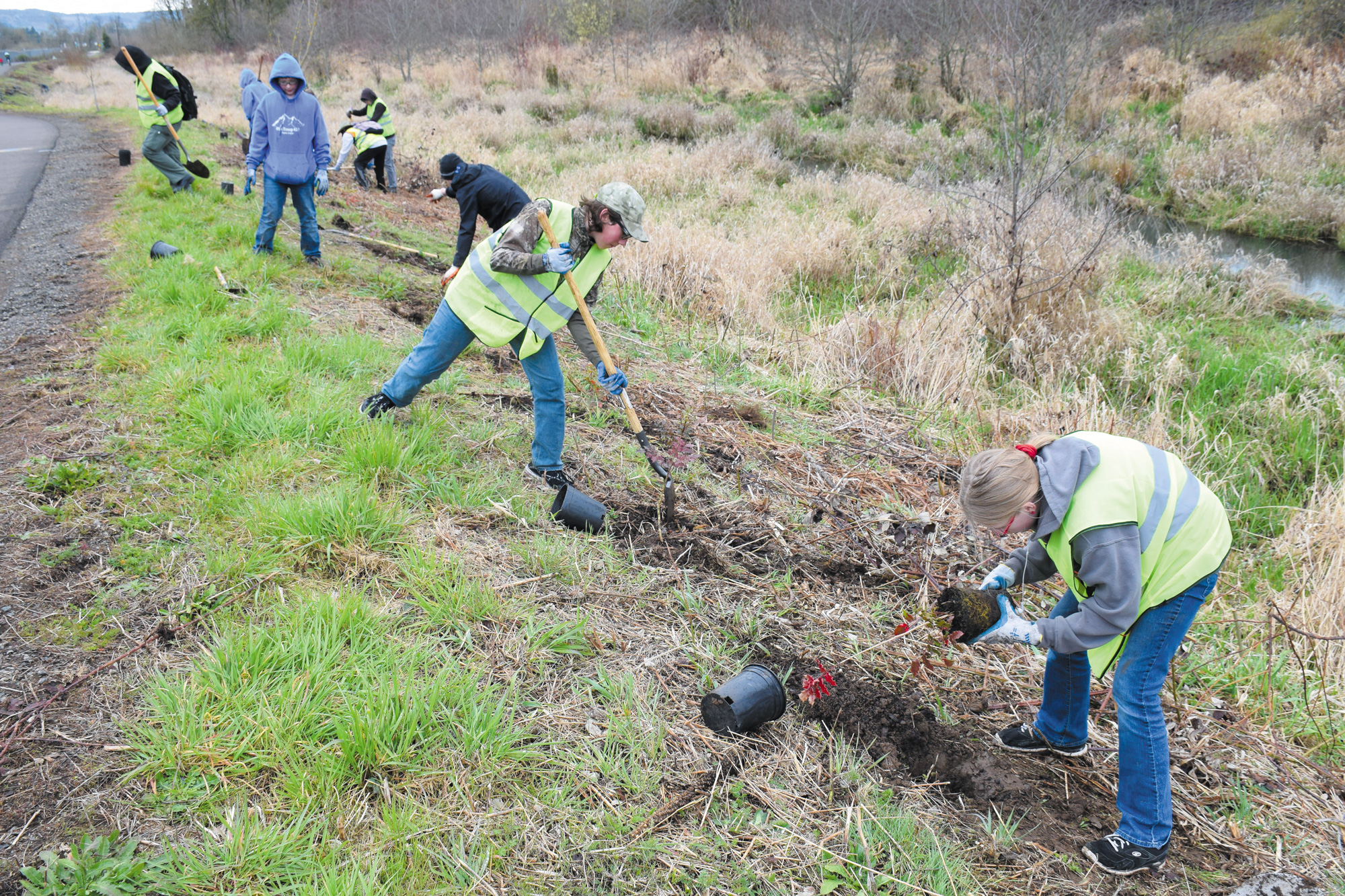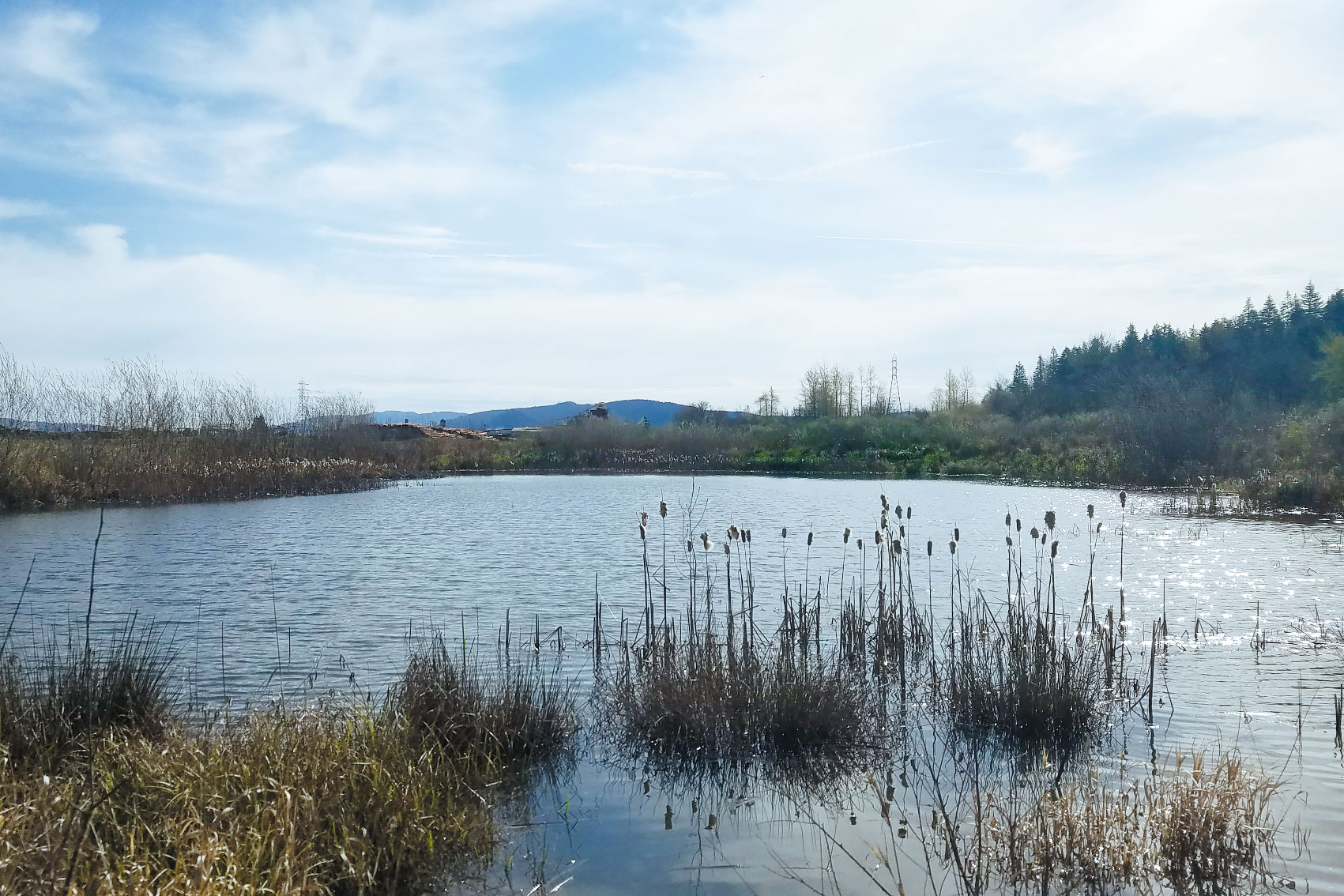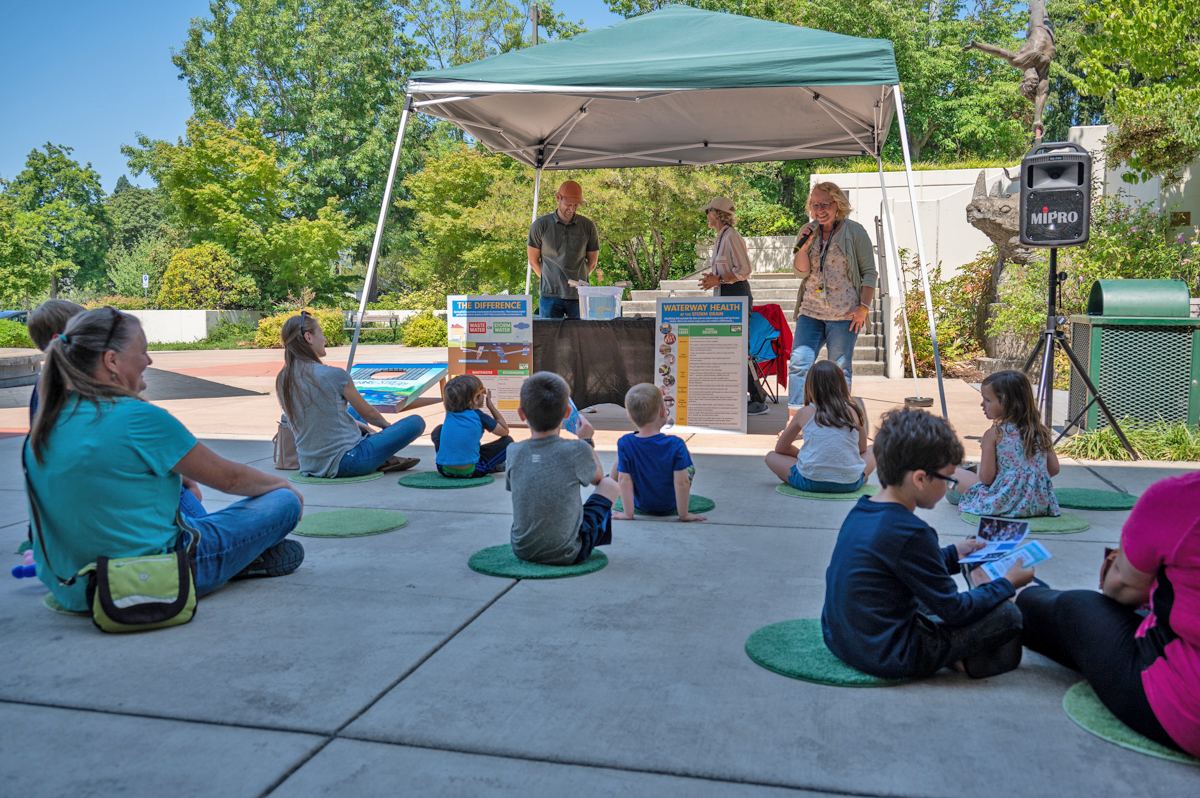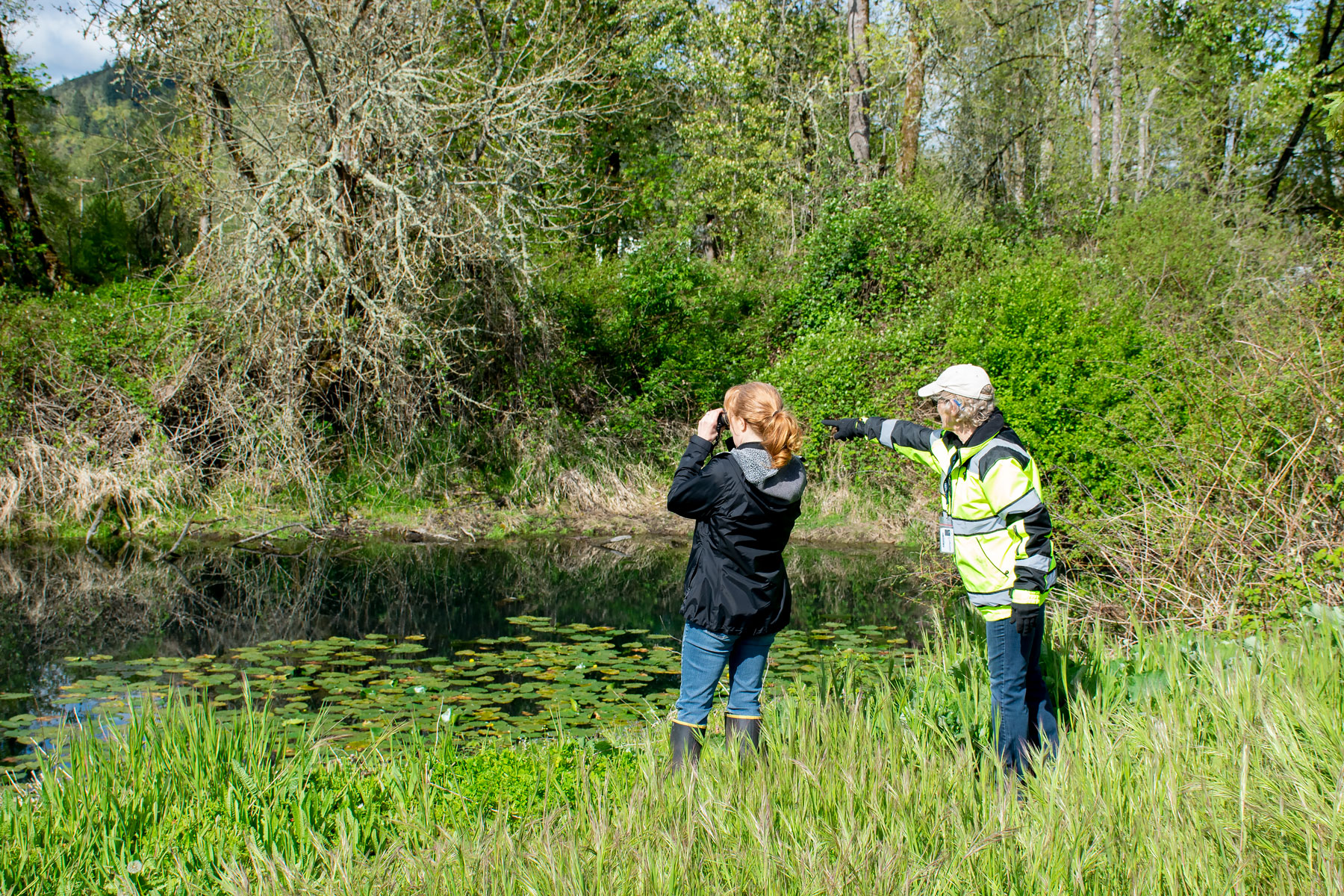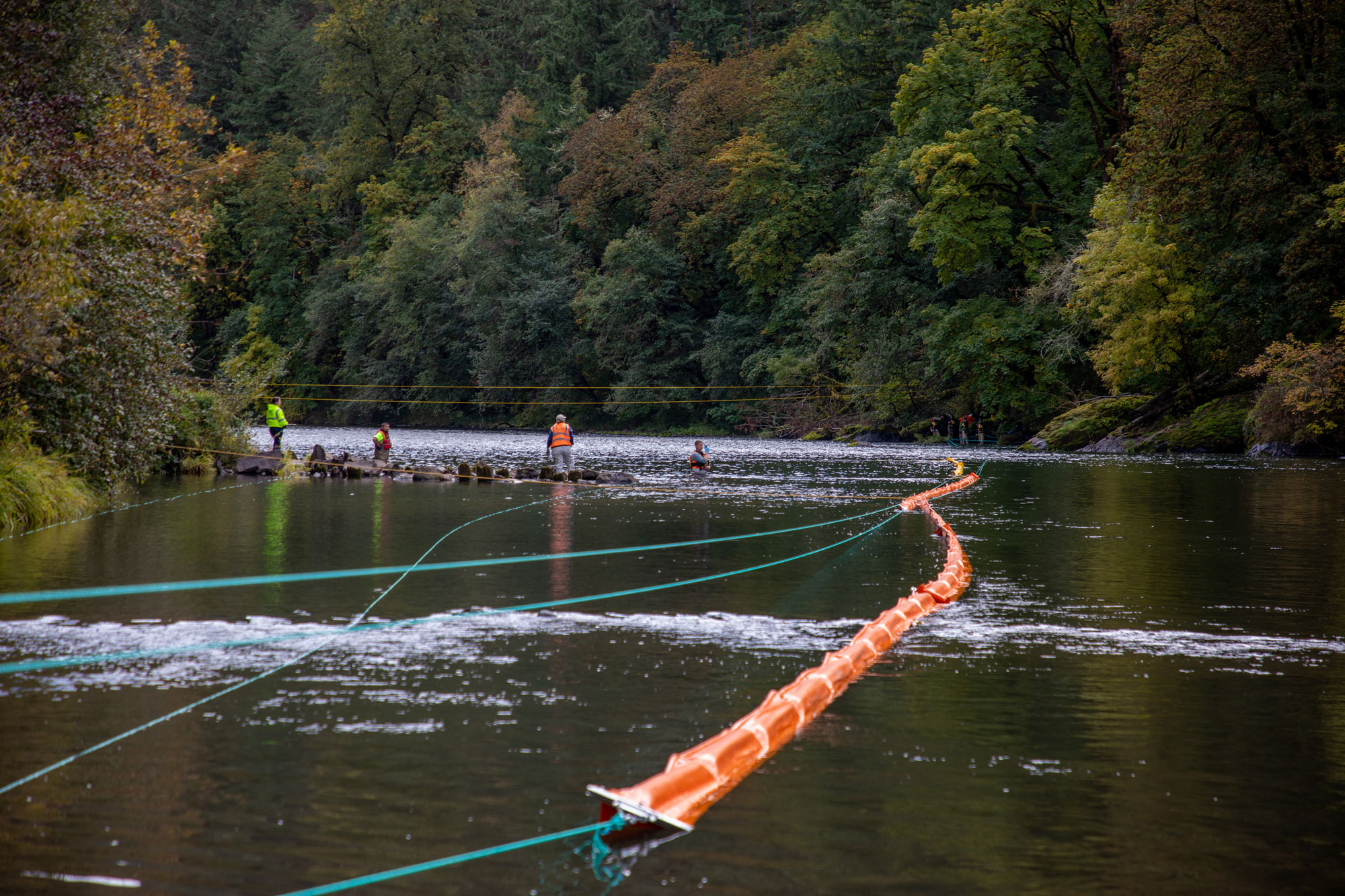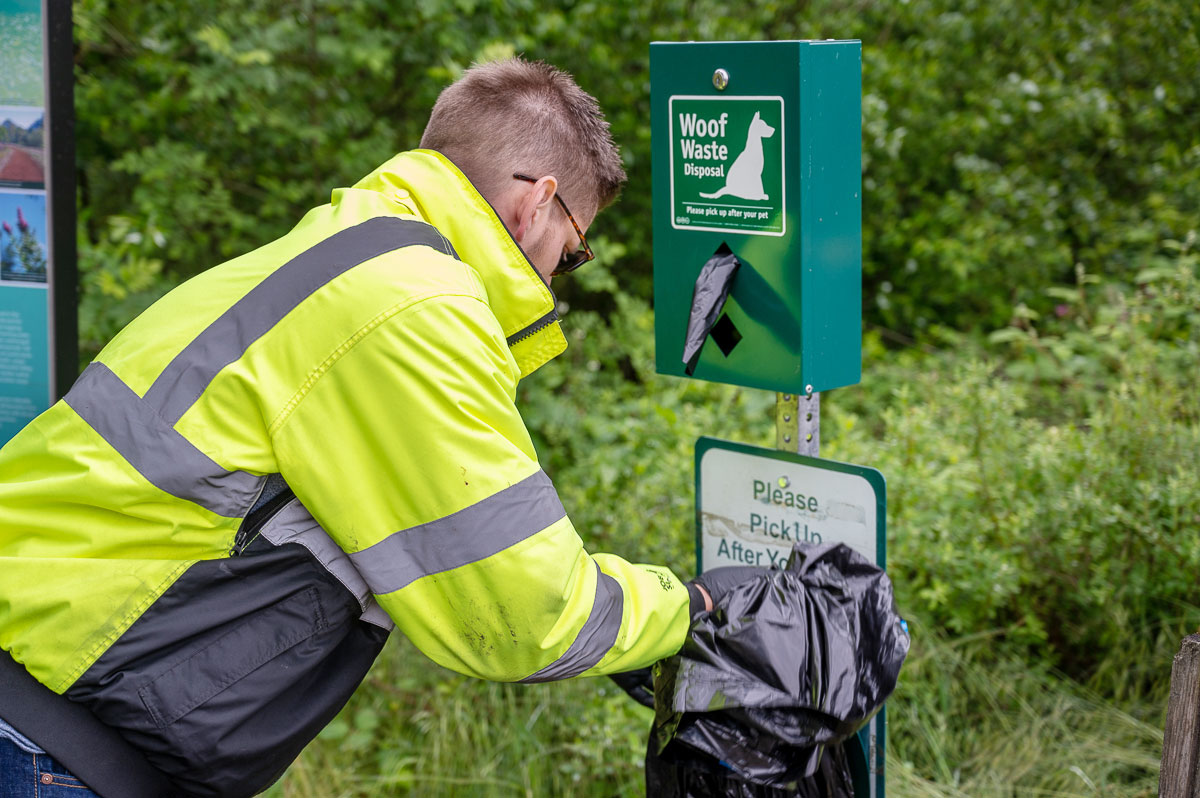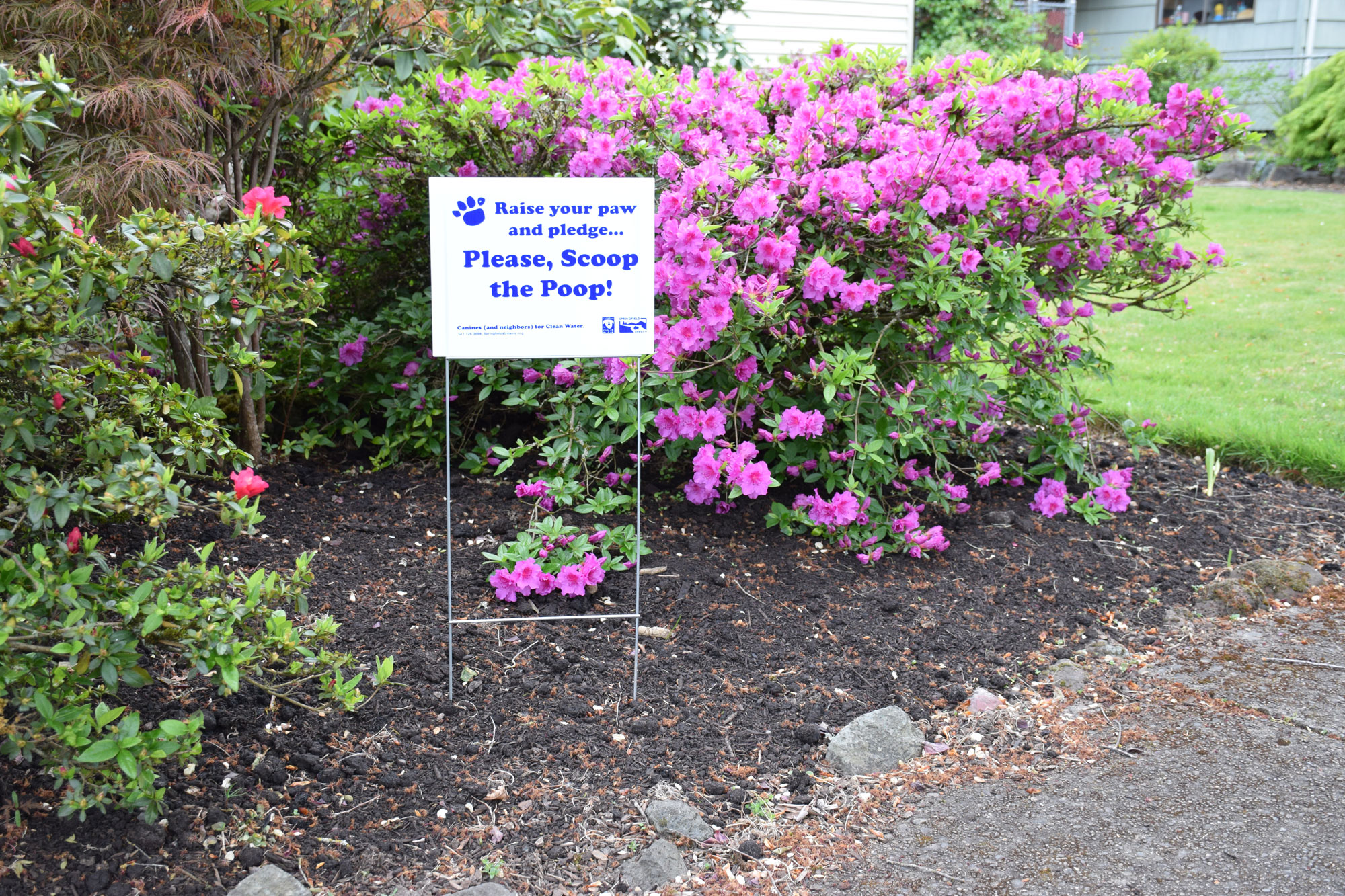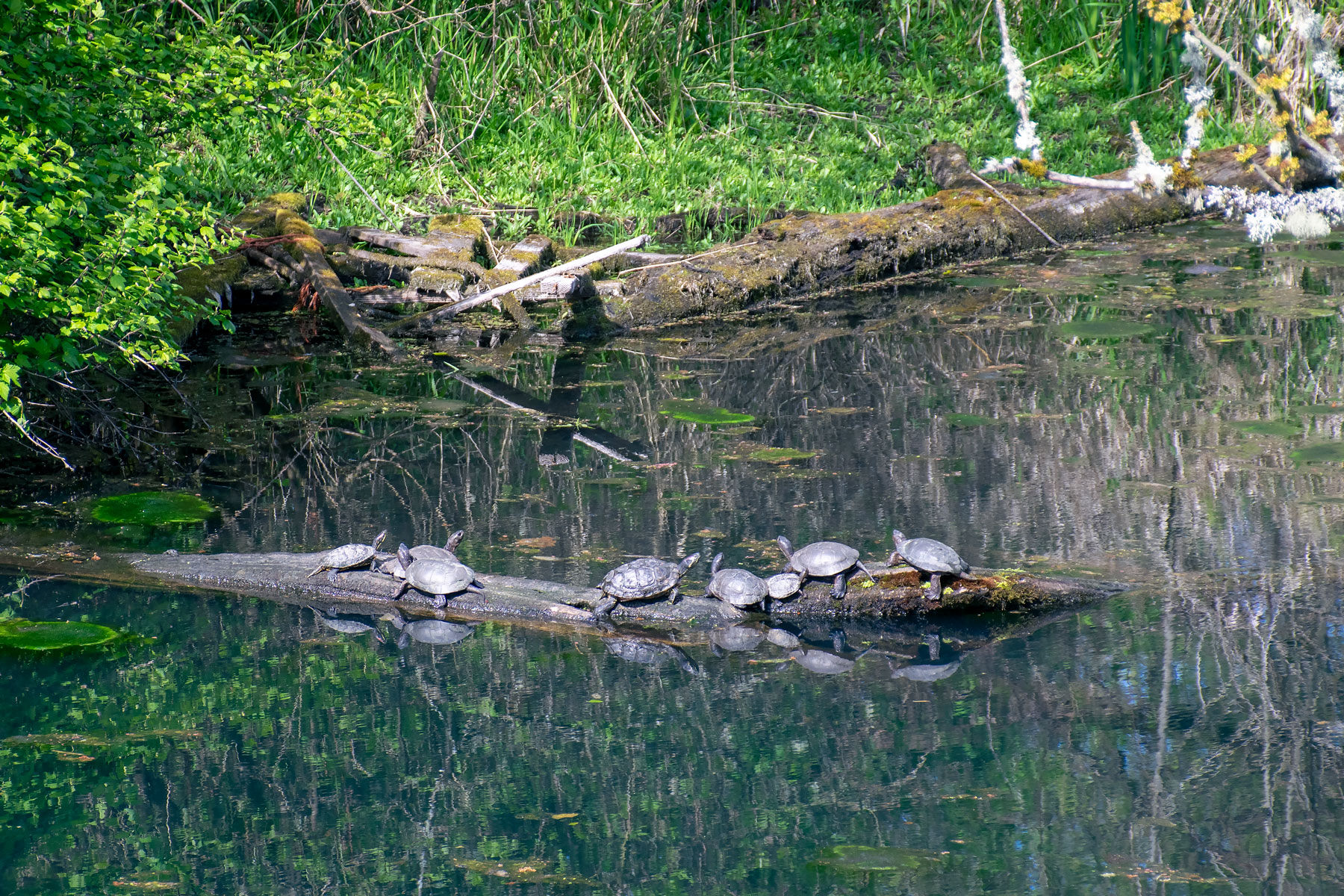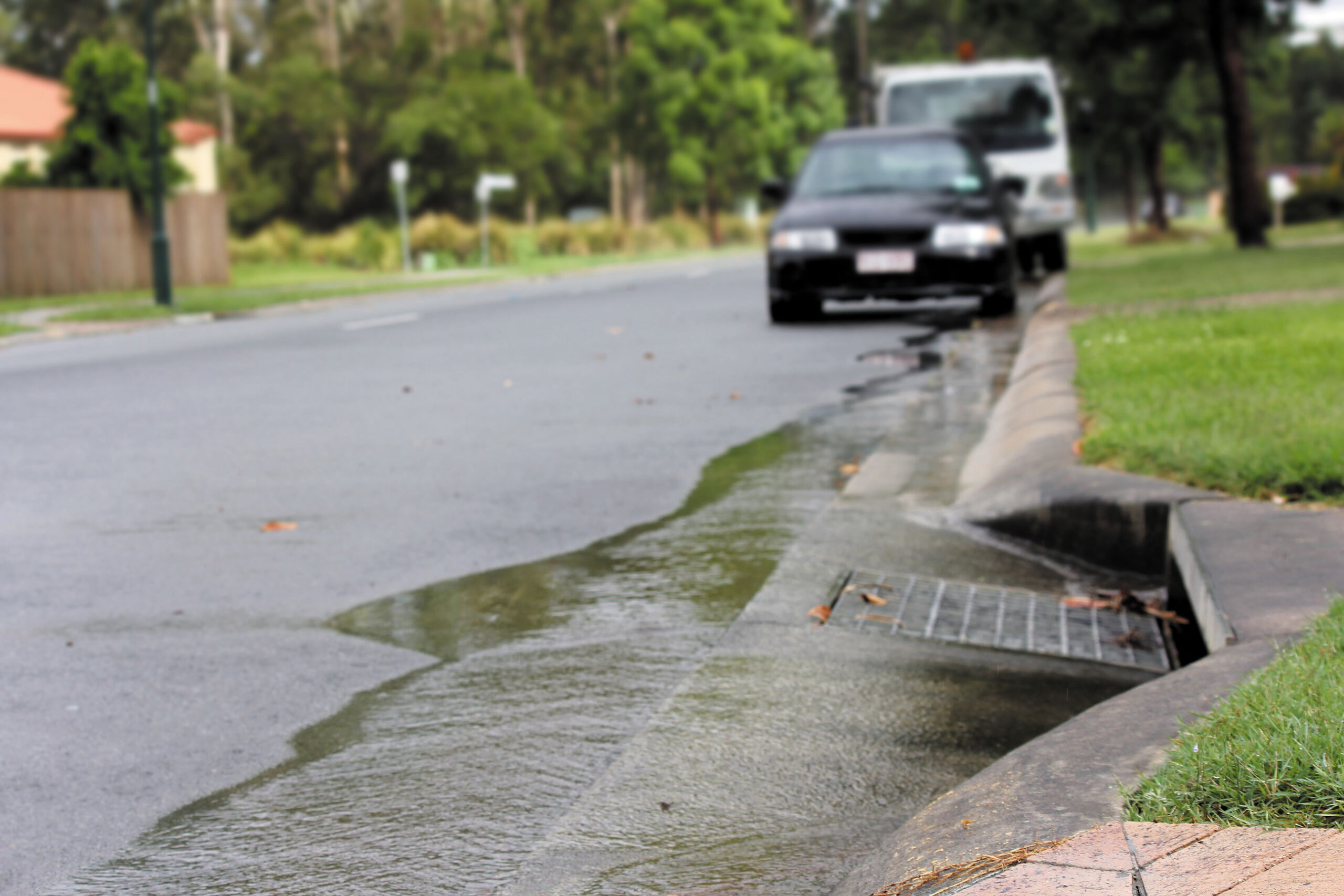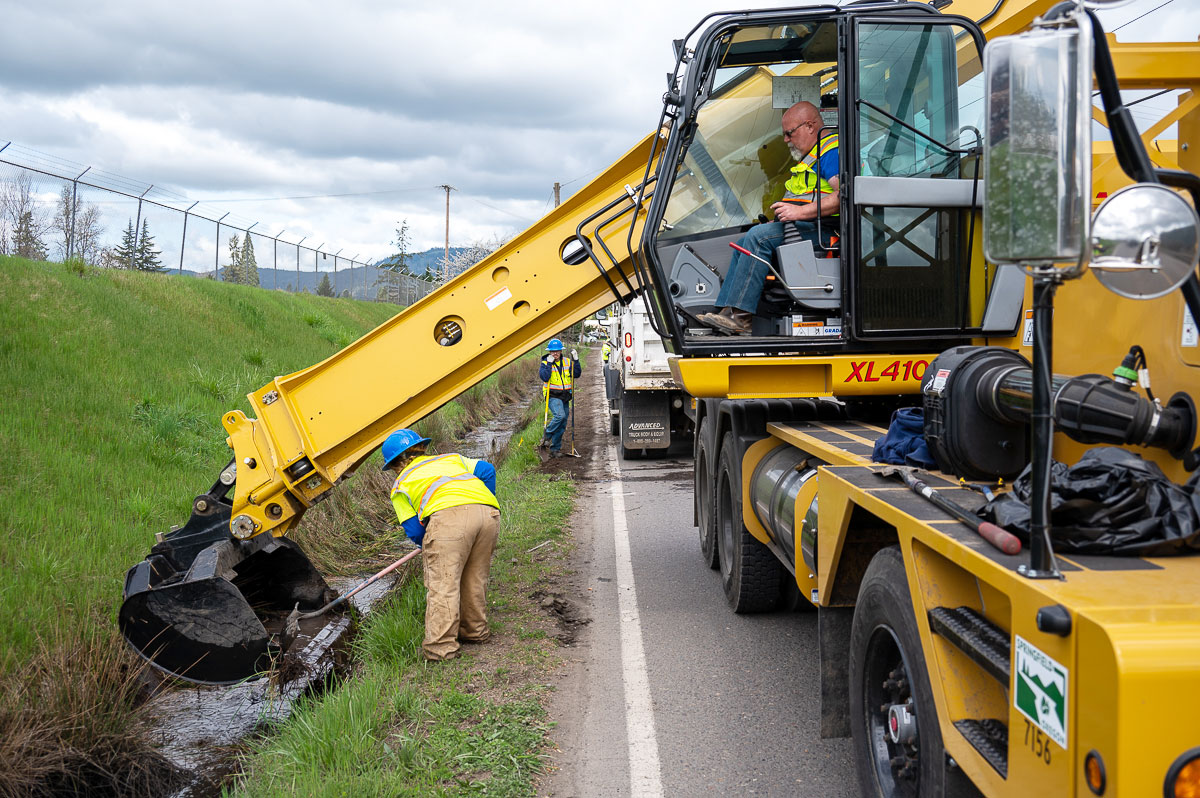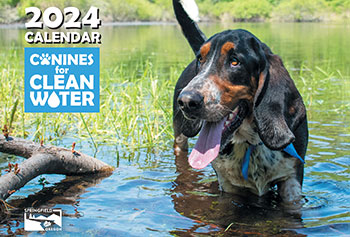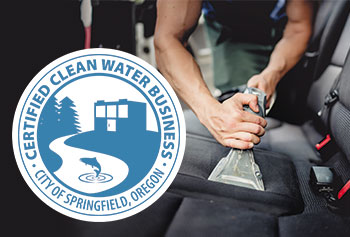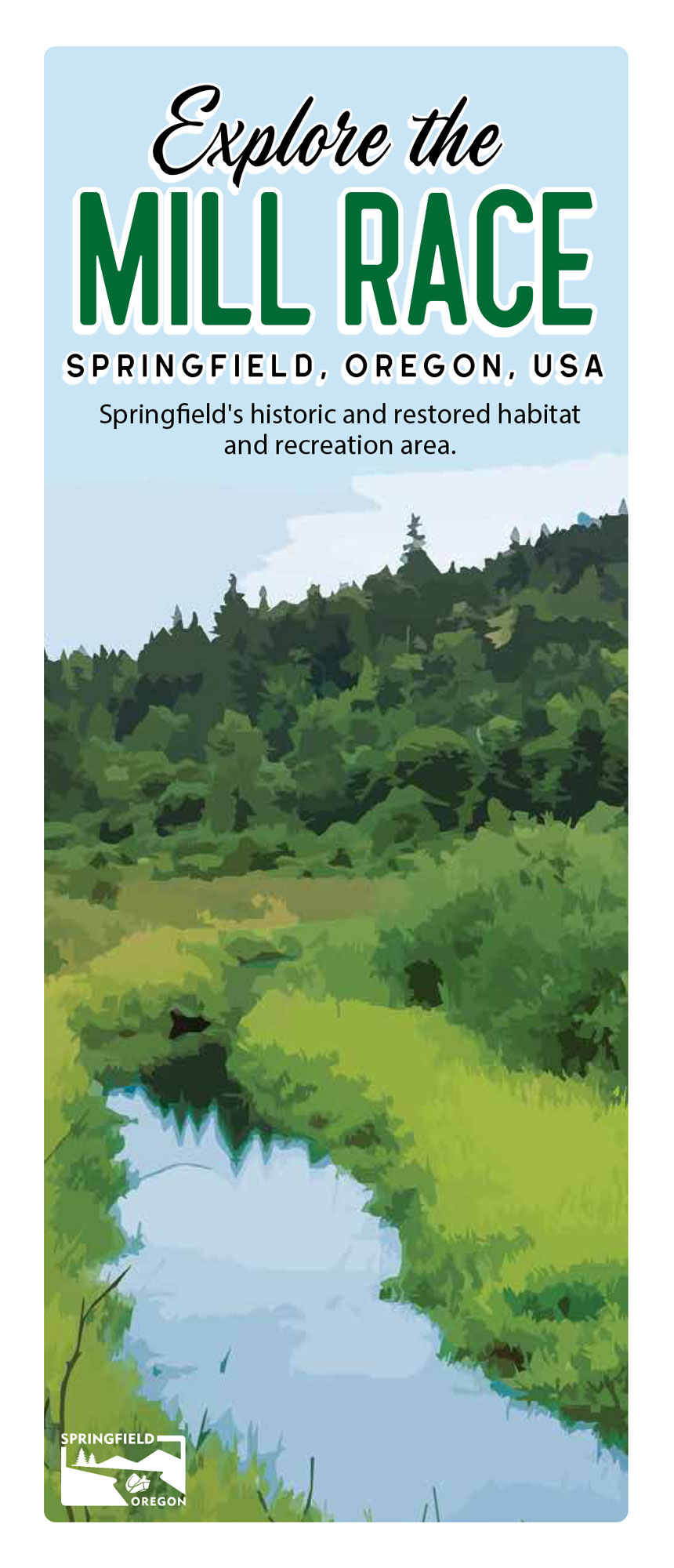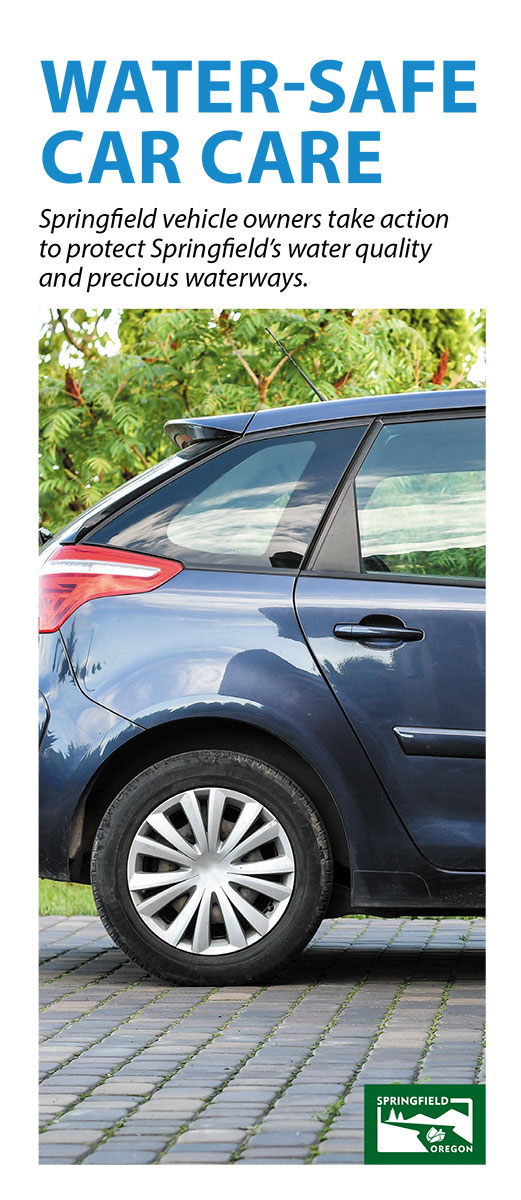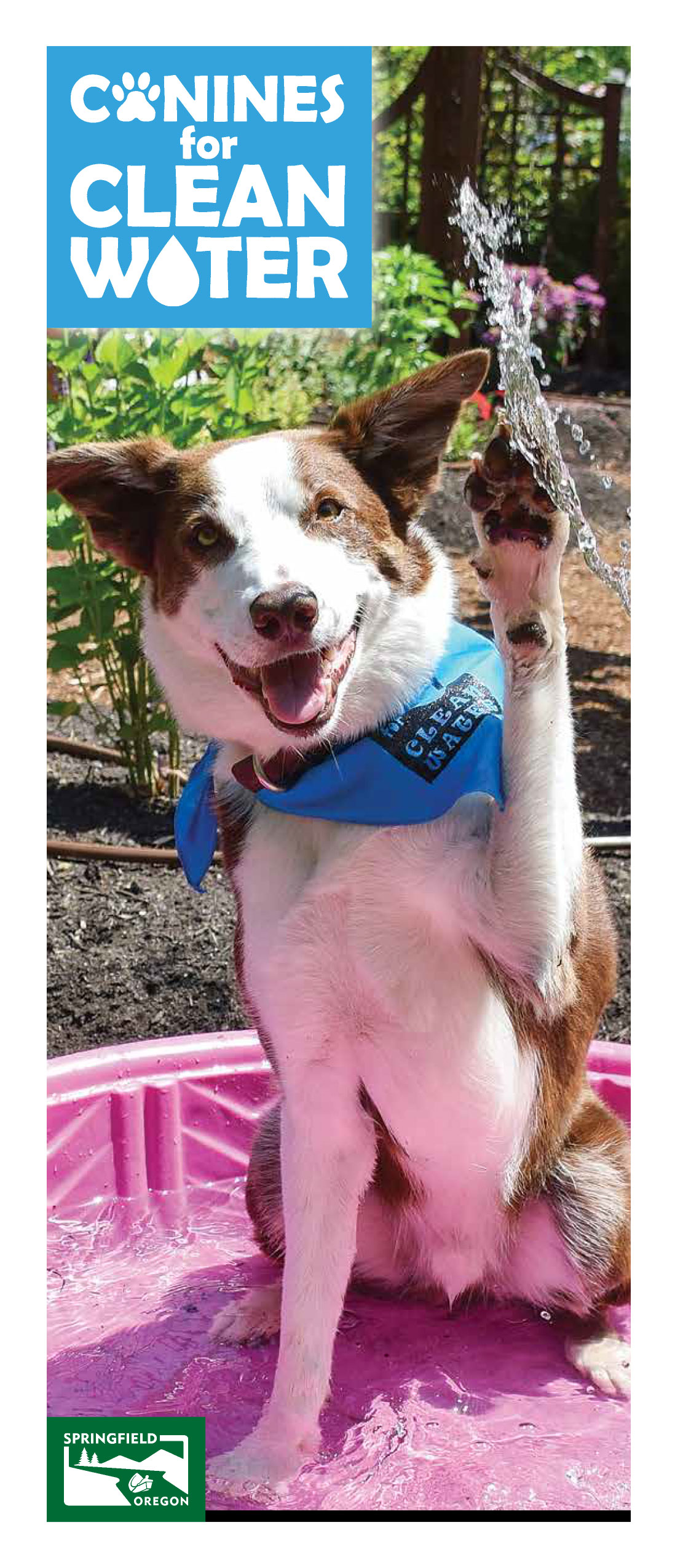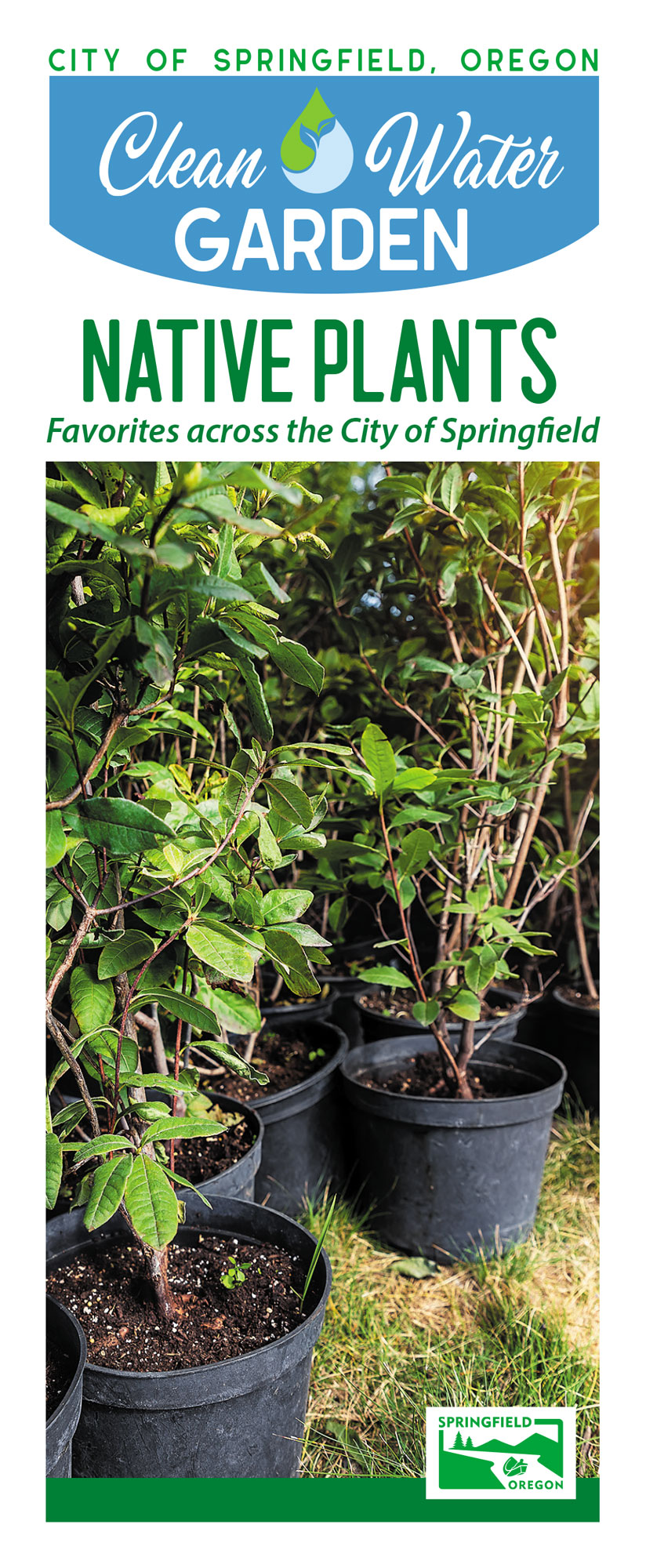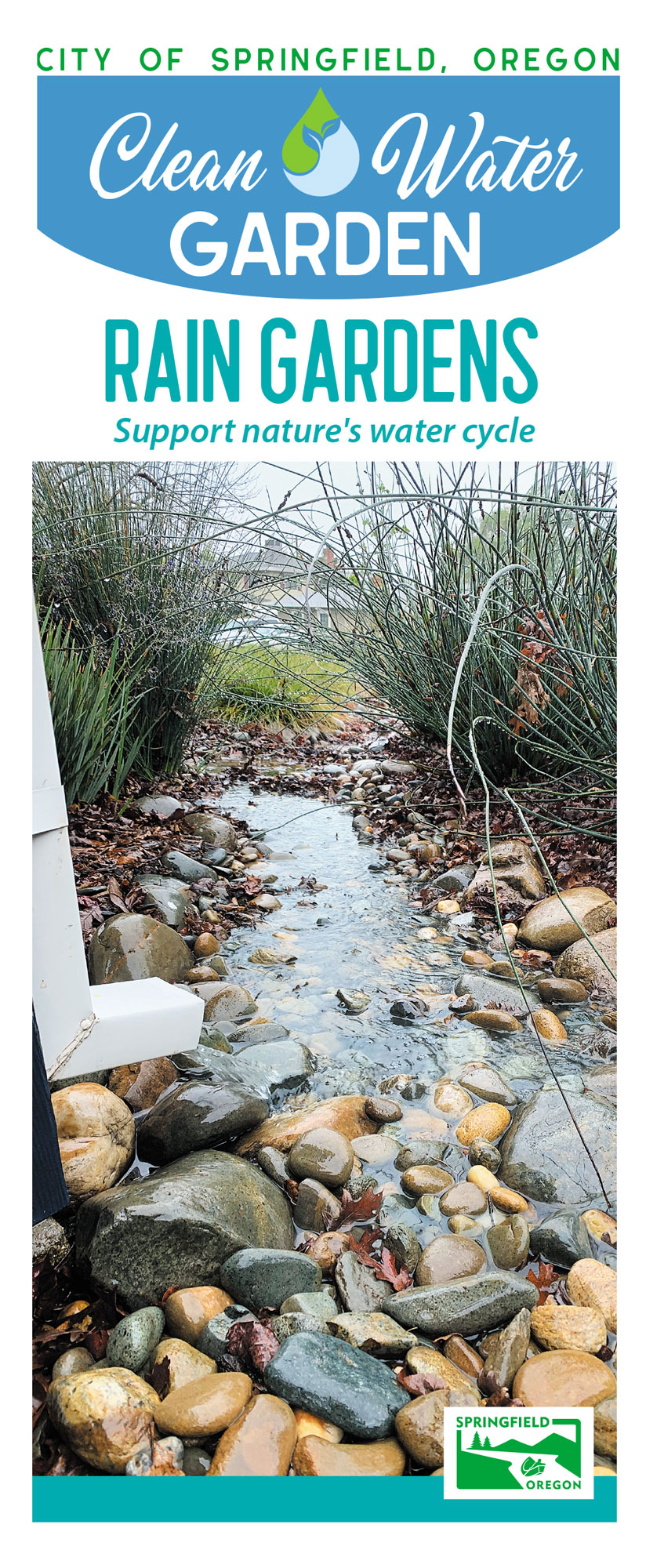Stormwater Management
Stormwater Management is an important part of the community’s effort to improve water quality, protect fish habitat, and protect properties and infrastructure from flooding. “Stormwater” refers to runoff from urban areas. Stormwater flows to storm drains, gutters, ditches, swales, or a system of pipes, eventually ending up in the McKenzie or Willamette rivers. Springfield’s stormwater system is separate from the wastewater system. Unlike wastewater from indoor plumbing, stormwater is not treated before emptying into our rivers and streams. We use those waterways for recreation and resources, which is why it’s important for everyone to do their part in keeping the City and our water clean.
The City of Springfield operates under the National Pollutant Discharge Elimination System (NPDES) program of the Federal Clean Water Act. The Department of Environmental Quality (DEQ) has issued Springfield a permit for stormwater discharges, along with a requirement to address specific areas recognized as sources of stormwater pollution. Springfield’s Municipal Separate Storm Sewer System (MS4) Plan provides the framework for implementing specific planned activities and goals in meeting the requires of the permit.
Springfield’s Total Maximum Daily Load Implementation Plan provides a framework for reducing specific pollutants in the Upper Willamette River Basin. These programs and projects work hand-in-hand with actions you can take as an individual to help keep our waterways clean.
Springfield’s stormwater system collects rain (urban runoff) and releases it into the McKenzie or Willamette River. The Stormwater Team does management and education for this important and easily overlooked part of the City’s infrastructure.
Key stormwater management documents
| Title | Description | Link(s) |
| Phase II MS4 NPDES Permit | The Federal Clean Water Act requires Springfield to apply for and maintain a Phase II MS4 permit under the National Pollutant Discharge Elimination System (NPDES) program. | Springfield’s Phase II MS4 permit, 2021 |
| Stormwater Management Plan 2010 (SWMP) | Springfield’s stormwater programs and projects are outlined in our Stormwater Management Plan (SWMP), which is adopted by City Council.
Chapter 5 of the plan addressed the NPDES Permit from DEQ. It expired in 2011 and was updated by the MS4 Plan, 2022-24 below. |
Stormwater Management Plan, 2004-10 |
| MS4 Plan 2022-24 | Springfield’s MS4 Plan is informed by the NPDES Permit and outlines activities affecting stormwater throughout the City and its urbanized area. It helps us meet local water quality requirements. | MS4 Plan, 2022-24 |
| Total Maximum Daily Load Implementation Plan (TMDL IP) | Outlines the City of Springfield’s several special programs to improve water quality in the Willamette and McKenzie rivers. | [draft] TMDL Implementation Plan, 2024
[draft] TMDL Implementation Plan, 2024, Appendix A |
| Springfield’s “7 Key Outcomes for Stormwater” | The Springfield City Council adopted the 7 Key Outcomes for Stormwater, as a guide to stormwater management within the City. The policies provide specific direction that’s consistent with local goals and State and Federal requirements. They support the Metro Plan and the Public Facilities and Services Plan Policies. | City Council’s 7 Key Outcomes for Stormwater, 1999 |
Stormwater information and education
Please enjoy our print-friendly materials! There’s more at DPW Brochures, Guides, and Fact Sheets. For a presentation to your group or class about Springfield’s stormwater system, programs, or services, contact the Stormwater Team.
Contact
Springfield’s Stormwater Team
Water Resources Supervisor
Meghan Murphy
mmurphy@springfield-or.gov
541-744-3385
Main office for Springfield’s Stormwater Team
WaterResources@springfield-or.gov
225 Fifth St., Springfield, OR 97477
541-726-3694
Stormwater at the City of Springfield
Three divisions within Springfield’s Development and Public Works Department help local stormwater flow smoothly and safely:
- Long-term stormwater infrastructure planning – by Springfield’s Comprehensive Planning Team in the Community Development Division.
- Daily stormwater management (this webpage) – by Springfield’s Stormwater Team in the Environmental Services Division.
- Stormwater infrastructure maintenance – by the Wastewater and Subsurface Stormwater Team in the Operations Division.


